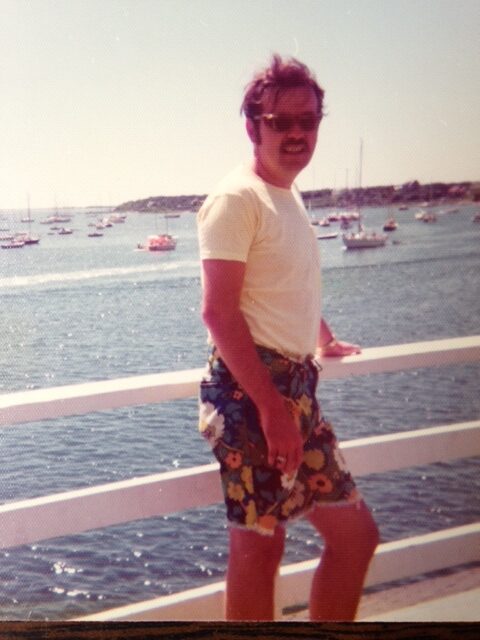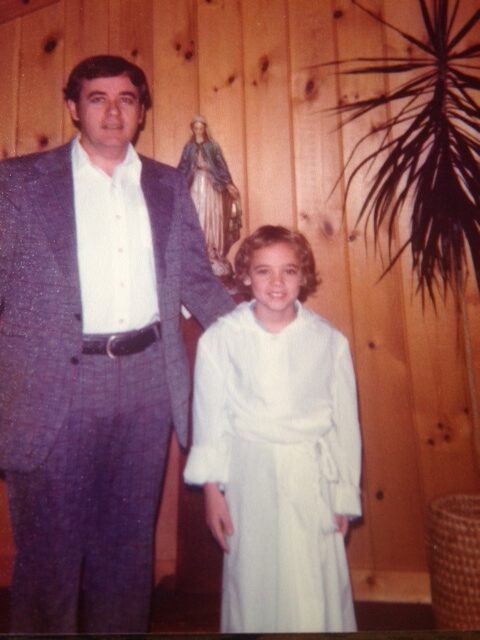It’s been a pleasure and sincere honor to have several poems appear at The Good Men Project (a site and, yes, project, I wholeheartedly endorse on creative and spiritual levels). I’m thrilled to announce that another cycle of poems is set to appear this month, the first two dropping yesterday (links to these and previous poems here). These two, “Adulting,” and “On Putting Away Childish Things,” are a couple of “father/son” pieces. These are not (necessarily) based on my own old man, but I suspect most dudes of a certain age (and the women who love them) will recognize obvious elements. It’s always a delight to have an outlet you admire publish your stuff. Next installment coming this weekend.
Adulting
I used to have dreams
that concerned only myself:
About all the usual things
one tends to think about
When we’re neither here
nor there, asleep: dreaming
Of hope and regret, love or not,
plus a confused kind of magic
But lately, more and more I find
myself dreaming about my old man
Remembering things he did
or we did or didn’t do and sometimes
I see myself being him and hoping
for or imagining things on his behalf
Because I mostly understand nothing
I’ve seen, yet still can sense the need
To see things clearly if not precisely
as they are, in fact: I’m able to see him
and for him: now he walks more briskly,
confident his knees won’t slow him up,
Still capable of taking his son to school
on a basketball court, literally, or else
So young his boy isn’t even born yet,
uncountable memories still unimagined,
And the woman he’ll marry only a girl;
he doesn’t know her yet: she’s a vision
He hasn’t even had, a dream deferred
to his son who, here now, understands:
This blessing and burden, becoming him
as he dreams—becoming someone else.
On Putting Away Childish Things
When, exactly, does a boy become a man? Is it more physical than mental, or something to do with sex and experience? Is it when he begins to pay his own bills or when he gets around to reconciling unpaid debts? Is it when the person who answered most of his questions is no longer around to assist him? Is it when, at long last, he understands no one but he can answer the most important questions? Or later, on that lonely day when he confronts the fact that no one, including himself, has any answers, including the God that, until that very moment, has been entirely content to remain on the sidelines? Is it when he makes peace with the progress he’s made to not become his father by accepting he is, inevitably, just like his father, only in the worst ways? Is it when the world stops treating him like a boy, and all the unanticipated disadvantages this involves? Or is it, finally, when he no longer wonders because the one answer he never hoped to hear stares back at him every time he looks at the one thing that has never promised or lied about anything?


